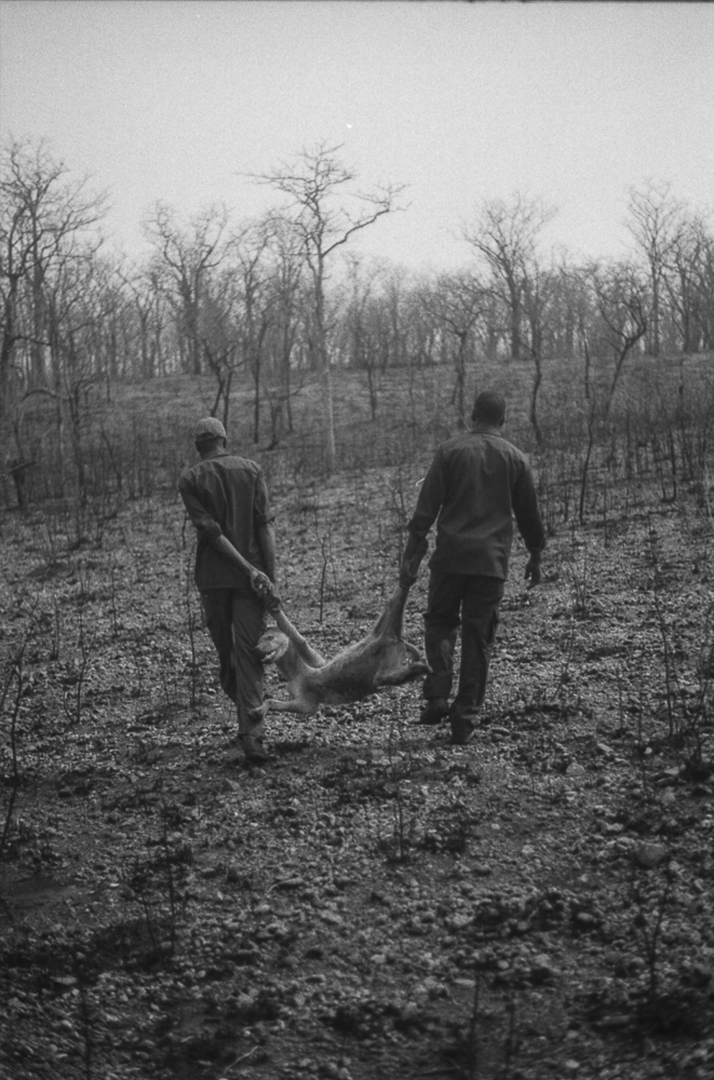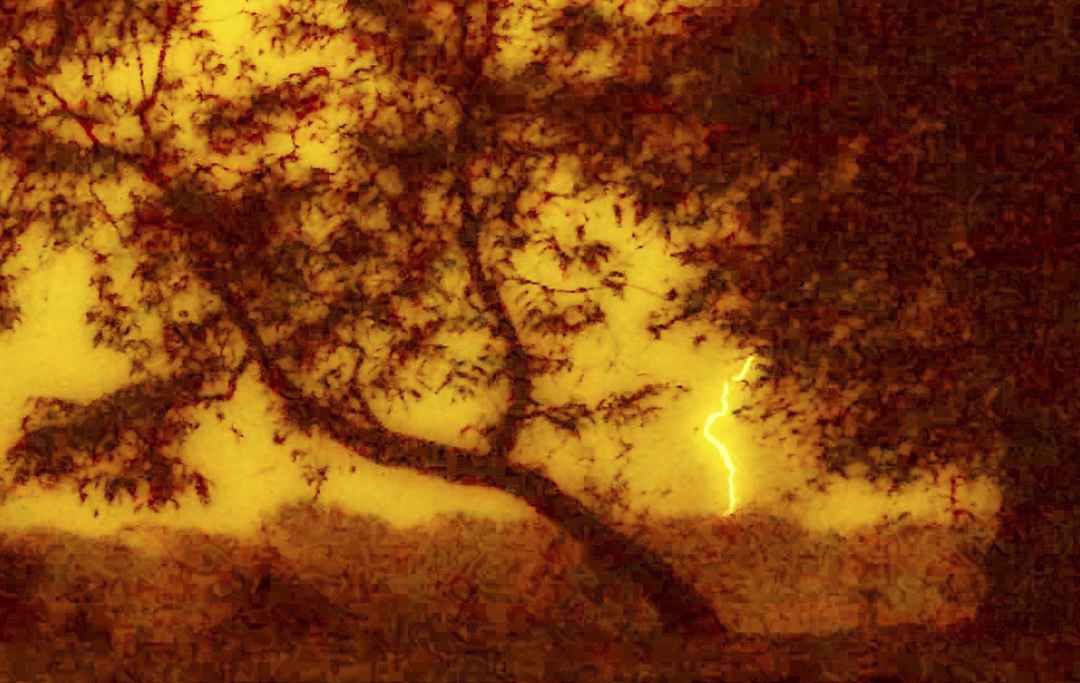Petrichor (the smell of rain)
Petrichor (/ˈpɛtrɪkɔːr/): The earthy scent produced when rain falls on dry soil. The smell derives from an oil exuded by certain plants during dry periods, whereupon it is absorbed by clay-based soils and rocks. During rain, the oil is released into the air along with another compound, a metabolic by-product of certain actinobacteria, which is emitted by wet soil, producing the distinctive scent; ozone may also be present if there is lightning. The oil retards seed germination and early plant growth.
When a raindrop lands on a porous surface, air from the pores forms small bubbles, which float to the surface and release aerosols. Such aerosols carry the scent, as well as bacteria and viruses from the soil.
The human nose is extremely sensitive to the scent and is able to detect it at concentrations as low as 5 parts per trillion. Some scientists believe that humans appreciate the rain scent because ancestors may have relied on rainy weather for survival.
























